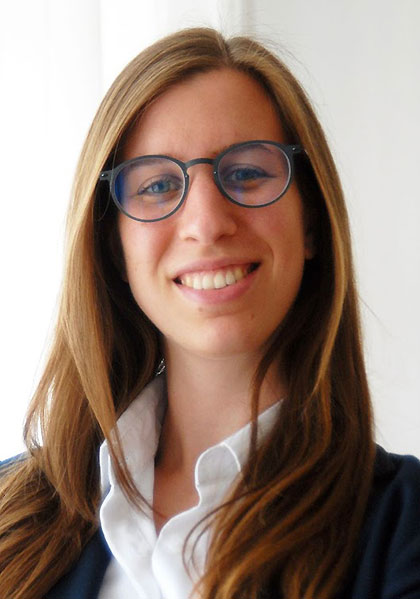Impactful Research that Spans the Globe

Viktoria Cologna and Niels Mede were overjoyed when they found out they had won the 2024 UZH Postdoc Team Award – not only at the professional recognition that comes with such a prize but also because of the increased visibility it gives their research project. “Maybe it will inspire other researchers to follow a similar path and conduct an international project,” says Mede. Their research project Trust in Science and Science-Related Populism, or TISP, studies trust in science and science-related populism across the globe. The two UZH researchers have brought together 241 researchers from 179 institutions to carry out a global survey – a massive undertaking.
Two disciplines, one vision
Cologna is an environmental social scientist who specializes in environmental psychology, while Mede’s background is in communication science and science communication, in particular. Their specialist and personal profiles complement each other’s excellently, the researchers emphasize. “I enjoy doing project management and coordinating large teams,” says Cologna, who is a fellow at the Collegium Helveticum, the joint Institute for Advanced Study supported by the University of Zurich, ETH Zurich and Zurich University of the Arts. Mede, who is a senior teaching and research assistant at the UZH Department of Communication and Media Research, adds: “I’m more interested in methodical work, that is developing the study design and data collection instruments, as well as data analysis.”

Back during the Covid-19 pandemic, many people said that trust in science was low, but there were hardly any global data on the topic. We wanted to take a closer look.
The heart of the TISP project consists of a global online survey, translated into 37 languages, that Cologna and Mede developed and conducted together with the nine-member advisory board and more than 240 researchers from all around the world. Their survey is currently one of the largest available data sets on the topic of public trust in science, people’s views on the links between science and politics as well as their opinions about how science-related matters are communicated to the public. It includes responses from 71,922 people in 68 countries, including many in the Global South. The idea for the project began to form during the Covid-19 pandemic. “Back then many people said that trust in science was low, but there were hardly any global data on the topic,” says Cologna. “We wanted to take a closer look.”
In addition to the scientific challenges presented by the project, the two researchers also made sure to consider the mental health of their team. “We always looked after each other and openly discussed any stresses and strains,” says Mede. In addition to simply being the right thing to do, this approach also proved a crucial part of the project’s success. Any difficulties were openly addressed. “Of course there were differences of opinion. We made a point of taking the time to find solutions that really worked for both sides. We often involved the project’s advisory board and the global consortium and asked for their advice,” says Cologna.
Excel sheets and Zoom calls
Initially, the project was to involve around 30 partner institutions, but their numbers soon mushroomed, with researchers all over the world wanting to get involved. “We were overwhelmed, but it also presented a great logistical challenge,” says Cologna, thinking back. To make sure the international team stayed in touch, the researchers compiled various Excel sheets, started their own newsletter, and held regular meetings on Zoom. They also set up an internal agreement that governed their cooperation in a way that was transparent and fair for all involved.

A global research meeting would be the perfect way to conclude this extraordinary project.
The two UZH postdocs are particularly proud of getting scholars from the Global South involved in their project. “They’re cited less often, and their countries are less often the focus of research. We didn’t want to reproduce this inequality,” Mede explains. While researchers from the West came forward of their own accord, Cologna and Mede sometimes struggled to find the right peers in non-Western countries. Funding was another issue. The solution was for the researchers in wealthy countries to support their peers so that the survey could be carried out in countries with limited resources. “The solidarity was overwhelming,” says Cologna. “Within just a few weeks, we received pledges in the five-figure range.” Besides geographical factors, the two researchers also made sure that women and early-career researchers were adequately represented. Both confirm that including a wide range of perspectives greatly benefited their project.
Looking ahead
The study will soon appear in Nature Human Behaviour, while the survey data set will be published and made available in its entirety in Scientific Data. With this approach, Cologna and Mede aim to live up to their goal of conducting socially-oriented, transparent and reproducible research in line with the principles of open science. What’s more, they plan to use part of the UZH Postdoc Team Award prize money to continue their support of researchers from economically disadvantaged countries. They’d love to meet the whole team in person at a conference one day, for example. “We’ve formed many friendships over the years, even though most of our interactions have taken place online,” says Cologna. And Mede adds: “A global research meeting would be the perfect way to conclude this extraordinary project.”